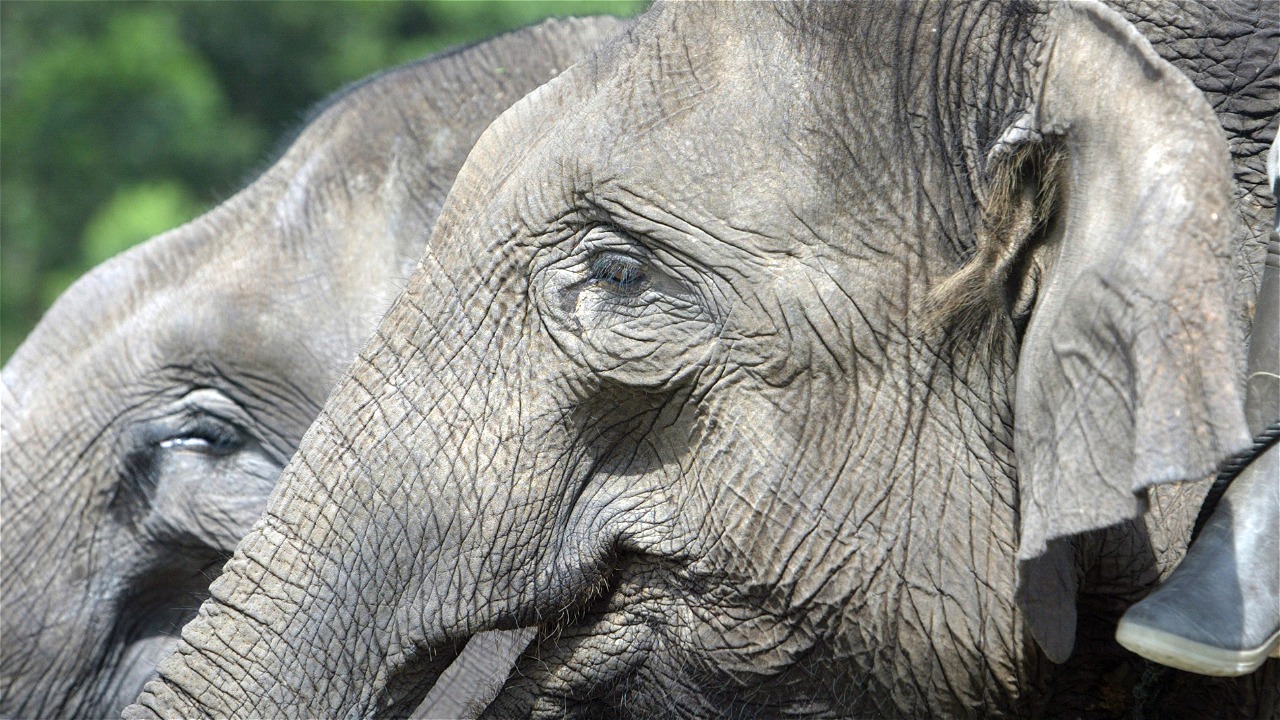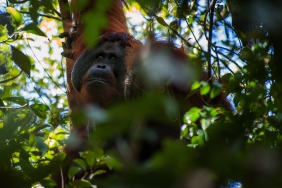YONGKI ELEPHANT DIES, URGENT INVESTIGATION TO SNARE PERPETRATORS
Lampung - The sad news arrived on Friday, September 18, 2015, at 07.30 WIB. Yongki, a 34-year-old, 3.3-ton elephant was found dead without a tusk. Yongki was a member of the flying squad at Bukit Barisan Selatan National Park (TNBBS). Flying squad, is a term for a group of elephants that have been trained to mitigate conflicts between elephants and humans.
Elephant Yongki was found dead by one of the Mahouts (elephant handlers) who at that time intended to check on another flying squad elephant named Karnangin. Yongki was found lying on the ground with his head tilted to the right. There were no signs of resistance from the elephant, no damaged bushes or trees, the elephant's chain was still attached to both of Yongki's legs.
After Yongki was found dead, the BBSNP team along with mahouts conducted a sweep around the scene within a radius of 300 meters, but did not succeed in finding signs that gave clues to the cause of Yongki's death. Subsequently, the BBSNP Team together with the NGO Team continued tracking and also conducted an autopsy on Yongki's carcass. Initial observations indicated that the tusk was cut using a saw, the tongue was not frothing, there were only minor wounds and the environmental conditions showed no signs of resistance.
This incident is a heavy blow to elephant conservation efforts in Sumatra. In response to this incident, Anwar Purwoto, Director of Sumatra - Kalimantan WWF Indonesia said, "A thorough investigation is urgently needed by the authorities to identify and charge the perpetrators. It is also necessary to prevent similar incidents from recurring."
In an effort to further investigate the death of Elephant Yongki, around 10 specimens have been taken from the scene and sent to the POLRI's Puslabfor and IPB laboratories. Preliminary examination results conducted by veterinarians indicate the elephant's death was likely caused by poison or anesthesia. Elephant Yongki's carcass has now been burned to avoid the possible spread of disease on the recommendation of the veterinarian.





